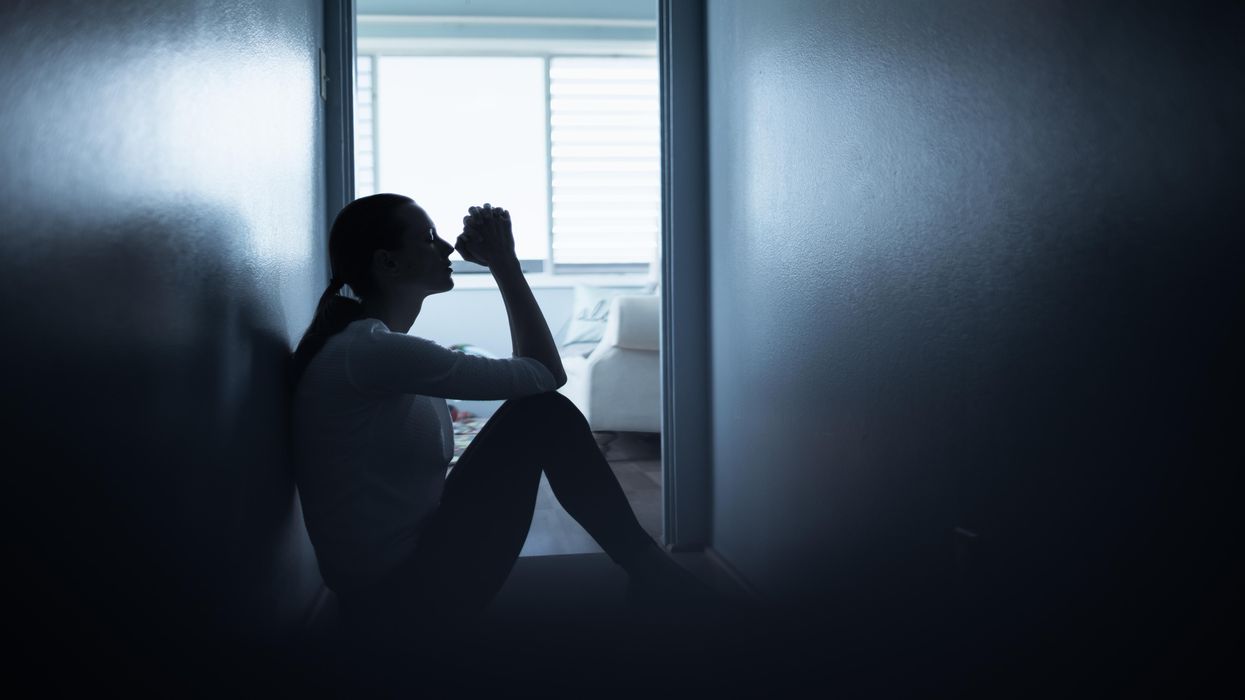Molineaux is co-publisher of The Fulcrum and president/CEO of the Bridge Alliance Education Fund.
Fear is a fascinating emotion. It is absolutely essential to our survival as a species. And it could also cause the end of civil society, as we know it.
I find there is also a split in my thinking about fear. First, there is understanding and acceptance that we will believe we must initially react with survival instincts. I also believe we can feel that survival fear and face our situation with courage and rational thinking.
We have many threats, real and perceived, that could keep us in the instinctual, non-rational action mode. We should decline to do so.
As a society, it is my belief that we have evolved past the need to be survival-ready 24/7. Yes, we still need to learn personal safety protocols, especially for people who are more likely to come under attack (women, people of color, LGBTQ+), but survival concerns needn’t be included in our every thought, every moment of every day.
Our modern society has allowed this, largely through formal and informal societal agreements about how we handle conflict. We’ve moved on from the “eye for an eye” justice that was written about in ancient religious texts. Our new social contract is based on the Constitution and subsequent laws that address how we handle conflict.
While the Constitution has served as the bedrock for handling conflict in the United States for over 200 years, some Americans today feel they are exempt from our founding document. Why is this? As a nation, we are angry and underneath our anger is fear.
- Fear that we will lose our place in the social order.
- Fear that we will become subservient to others.
- Fear that our descendants, our children, will struggle.
- Fear that our way of life will end.
And yes, if our nation continues to evolve towards the vision the founders laid out – that people are all “created equal, that they are endowed by their Creator with certain unalienable Rights, that among these are Life, Liberty and the pursuit of Happiness” – change will happen. Regardless, our children may struggle. Our way of life may be changed. Our social hierarchy may be re-ordered. Subservience to others? I hope not. We should all have agency over our own lives as equally valuable humans. That is the vision we were promised.
How afraid are we of these things? And where might we find courage to create a better future instead of holding on to the past? A friend reminded me recently about an idea of “hospicing our past” and having a process in place to let it go. Not to forget our past, but to consciously, lovingly acknowledge what was honorable and dishonorable, then let the past die.
From this place of grief arises hope, innovation and creativity.
Just as families re-order themselves when an elder dies, our nation needs to re-order itself. There are current processes in place to help us navigate our disagreements.
In one of the most famous and powerful speeches any resident has made, Franklin Roosevelt addressed the fears of the people of our nation during the Great Depression when he said:
So, first of all, let me assert my firm belief that the only thing we have to fear is ... fear itself — nameless, unreasoning, unjustified terror which paralyzes needed efforts to convert retreat into advance.
He was summoning us as individuals and as a nation to not allow fear to paralyze us, but instead to use the fear as an opportunity for self-discovery and growth. Only by looking beneath the surface will we find the inner strength that can lead us individually and as a nation to fulfillment of the American dream.
To do otherwise is to give up on this experiment in self-governance and descend into authoritarianism.




















